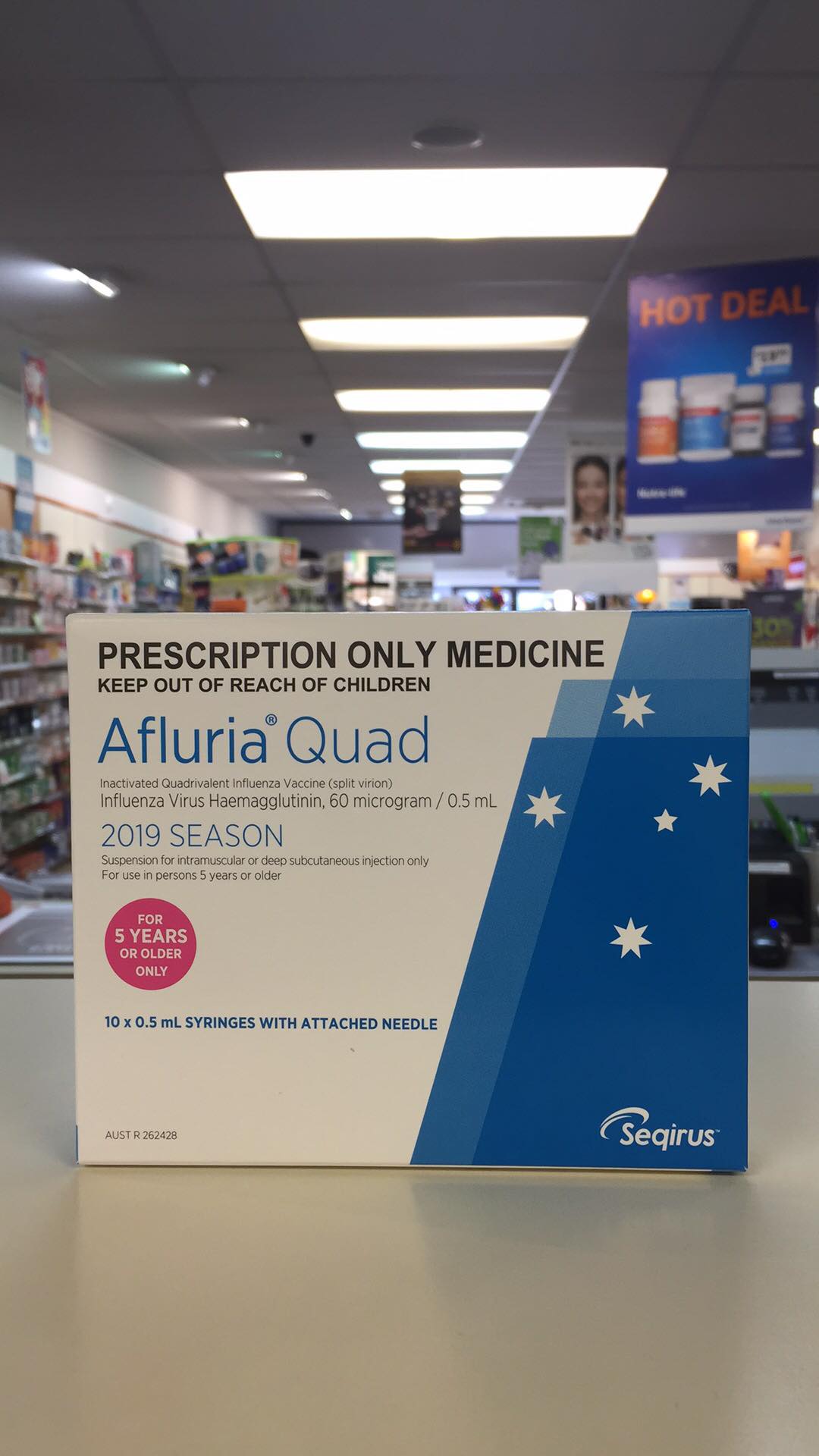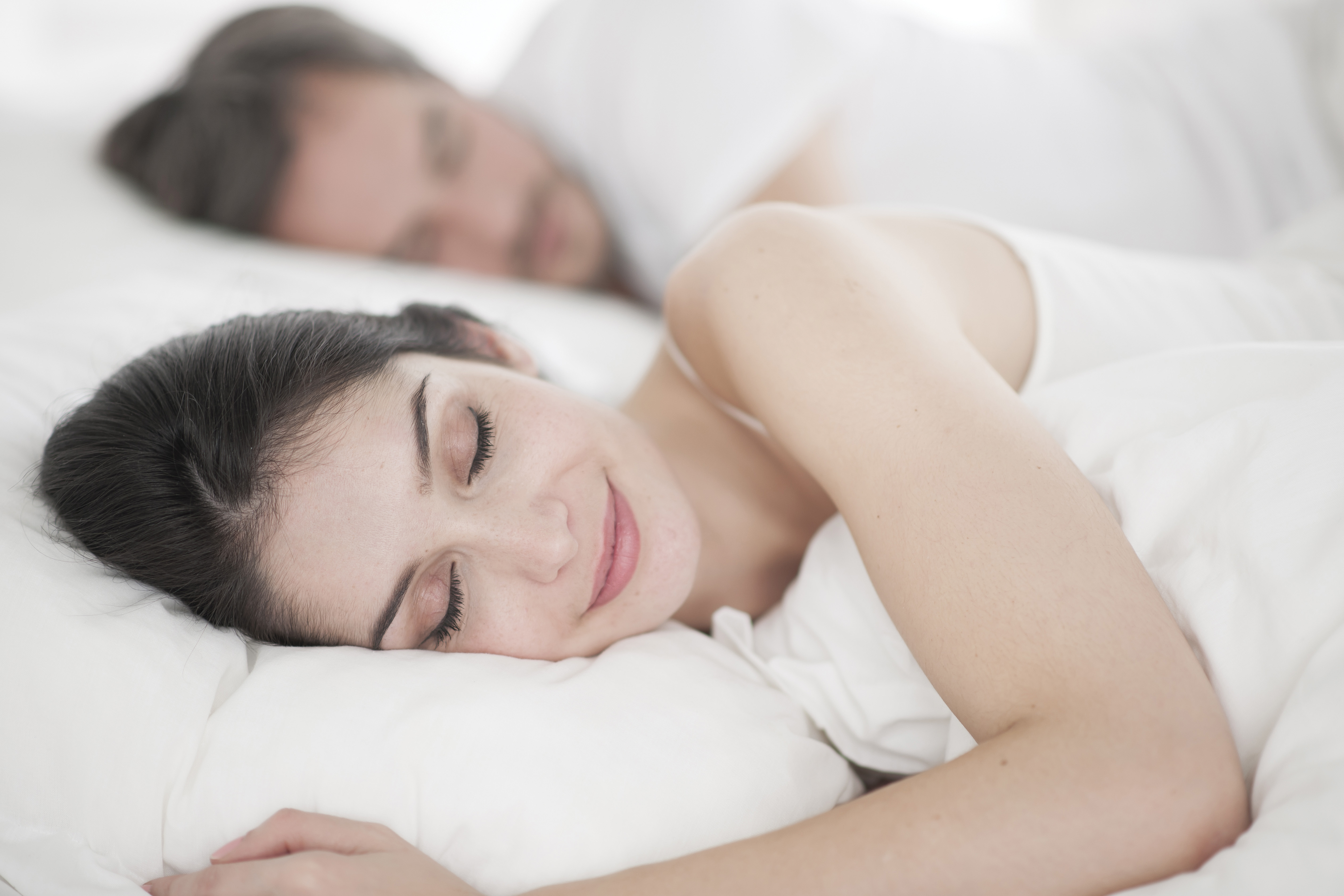
1560678109000
💉💉💉FLU SHOT UPDATE💉💉💉
We have received LIMITED stock of the flu shots.If you had written your name down in the waiting list or still thinking about whether you should have it, just come in and get it done. Free for people aged 65 and over, free for pregnant women.Cruise in Monday to Friday 9am to 5pm and Saturday 9am to 11.30am.Send us a message or call us with any questions.

1522570566000
FLU VACCINE 2018
Winter is approaching, get immunised against the current influenza virus. Spread the word and let everybody know that the Team at Unichem Kamo Pharmacy have authorised vaccinators who will help you with any flu related questions. We are expecting to have the Vaccines in store by mid April. Come in and register your interest and we will contact you when we receive them. https://www.stuff.co.nz/national/health/101842787/flu-vaccine-updated-to-combat-deadly-aussie-flu-strain. Cost: *Free for over 65 years old and pregnant women

1510807826000
oral contracetive pill
Have you heard the news?? Selected oral contraceptives can now be supplied by one of our accredited pharmacists to women between 16 and 39 who meet the criteria without a prescription!Talk to us today to see if you are eligible. Women who meet the criteria will be able to buy direct from the pharmacy. http://www.newshub.co.nz/home/health/2017/02/oral-contraceptive-pill-to-be-dispensed-over-the-counter.html

1510524751000
It is Movember, let us keep a check on Men's Health

1505131200000
Sweet Sleep
From time to time we all have trouble sleeping – but before you reach for the sleeping pills, it’s important to ask yourself a few questions. Sleep difficulties can have numerous causes, and many of them have simple solutions. There’s nothing quite as frustrating as tossing and turning in bed, unable to fall asleep and growing increasingly concerned. While it can be tempting to turn to medication to help you get enough rest, it’s important to check out if there may be an underlying emotional or medical cause. Ask yourself: Are you worried about anything?Could you be suffering from depression?Could you have sleep apnoea, do you sleep walk or talk, have restless legs or grind your teeth?Is there a health problem that affects your ability to sleep, such as pain, breathing difficulty, acid reflux or a night cough?Do you drink too much alcohol? If you answered yes to any of these you’re best to see your doctor.If your answers were ‘no’ and you still have trouble sleeping (at least three nights a week over a period of at least a month), then it’s possible you have primary insomnia. Primary insomnia is defined as sleeplessness (or the perception of poor-quality sleep) that cannot be attributed to a medical, mental health or environmental cause.We find it useful in these cases to talk to people about bedtime routines and habits. For example: Not everybody needs eight hours of sleep. Maybe you could turn in a little later? If you usually get up at 6am, try going to bed at 11pm instead of 10pm, for example, and see how you feel over the next few days. The key is to wait until you’re drowsy and ready to sleep before going to bed. If you are not asleep within 15-20 minutes of going to bed, get up and do something quiet and relaxing. Return to bed only when you’re drowsy, because it’s important for your bed to be associated with being asleep – not with being awake and having difficulty getting to sleep. Before bed try to do quiet, relaxing activities, such as taking a bath or reading. Ensure that your bedroom is suitable for sleeping. The bed should be comfortable, the temperature not too hot or cold, the room dark, and noise minimised. Think about screens, clocks, and bed partners. Looking at a screen in the hours before bed may delay sleep onset (the light waves emitted reduce the production of melatonin, a hormone that promotes sleep); looking at a clock during the night can delay sleep onset and cause frustration; the light also stimulates the brain. If partners are disturbing your sleep (by excessive movements or snoring) they probably warrant their own assessment with a GP. During the day, limit your caffeine to one cup in the morning. It’s a good idea to limit alcohol too – because even though it can act as a relaxant and help you fall asleep more easily, it also causes you to sleep more lightly. This reduces sleep quality. Avoid napping during the day as this delays sleep onset at ‘bedtime’. Regular daily exercise can help improve sleep, but it’s best to avoid exercising too late in the evening. Sleep support products may help – typically in the short-term, and preferably when we know what’s causing the insomnia: A magnesium-based product could be useful for you, as magnesium aids muscle relaxation and relieves tension.A product containing the sedative herb valerian may support your sleep.Or you could try 5HTP or a tart cherry-based product; these may aid melatonin levels in your body. Your pharmacist will be able to advise you on what sleep support products may be right for you, taking into consideration your life circumstances and any other medical conditions or medicines you may be using. For more information and advice on getting a good night’s sleep, talk to your Unichem Pharmacist.